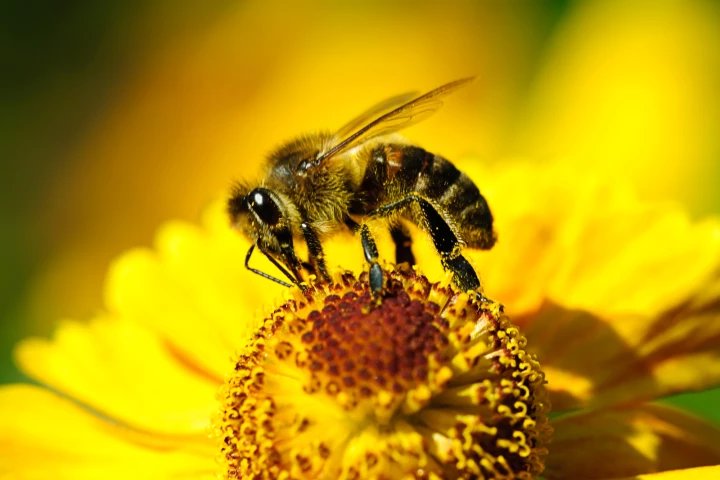Caffeine
-
A novel study testing the effects of caffeine on the human brain found daily consumption can significantly reduce the volume of one's gray matter. Whether this is a good or bad thing is unclear but that daily cup of coffee is certainly doing something.
-
A new study turned up a surprising effect of having caffeine with a sweetener. For some java drinkers, it could be a way to get more out of the beverage. For others, though, it might be best to skip the sugar, especially at night.
-
The health benefits of caffeine have been studied for years. Researchers have examined the genes associated with caffeine metabolism to see whether blood caffeine levels affect body fat levels and risk of type 2 diabetes and cardiovascular disease.
-
If you've ever tried quitting caffeinated coffee, you may have encountered side effects such as headaches, irritability and fatigue. A new study suggests that drinking decaffeinated coffee can reduce those effects … even if you know it's just decaf.
-
A new study from researchers in Japan offers the first direct investigation into the effects of caffeine on 100-meter sprint running. The findings revealed athletes who dose up on caffeine can run significantly faster sprint times.
-
A venture into the backcountry for a hike or camping trip usually means leaving some of our creature comforts at home, but innovations in outdoor gear have come to mean that a quality caffeine fix need not be one of them.
-
Coffee seems to have a range of health benefits, but exactly how it helps remains unknown. A new study has identified specific proteins that caffeine works on, which help the liver remove bad cholesterol and protect against cardiovascular disease.
-
A new study has found caffeine can be used to help bees locate specific flowers. The research suggests the drug enhances bee memory and makes them more efficient at homing in on certain targeted flowers.
-
A new study has found caffeine consumption can reduce the volume of gray matter in the human brain. The researchers stress these findings do not imply caffeine negatively impacts the brain but the drug may induce a kind of temporary neural plasticity.
-
A new review encompassing dozens of observational studies and meta-analyses suggests there is no safe level of caffeine consumption during pregnancy. The review calls for a “radical revision” to health recommendations but not all experts agree with the findings.
-
A team of scientists has created a mathematical model for what they say is the ideal coffee, recommending that a less-is-more approach could lead baristas to produce one heavenly espresso after another, using around a quarter fewer beans.
-
Caffeine has long been considered an effective appetite-suppressant, and it's been shown to effectively speed up the body’s fat metabolism processes. Now, research has homed in on another mechanism that may explain caffeine’s anti-obesity properties.
Load More










